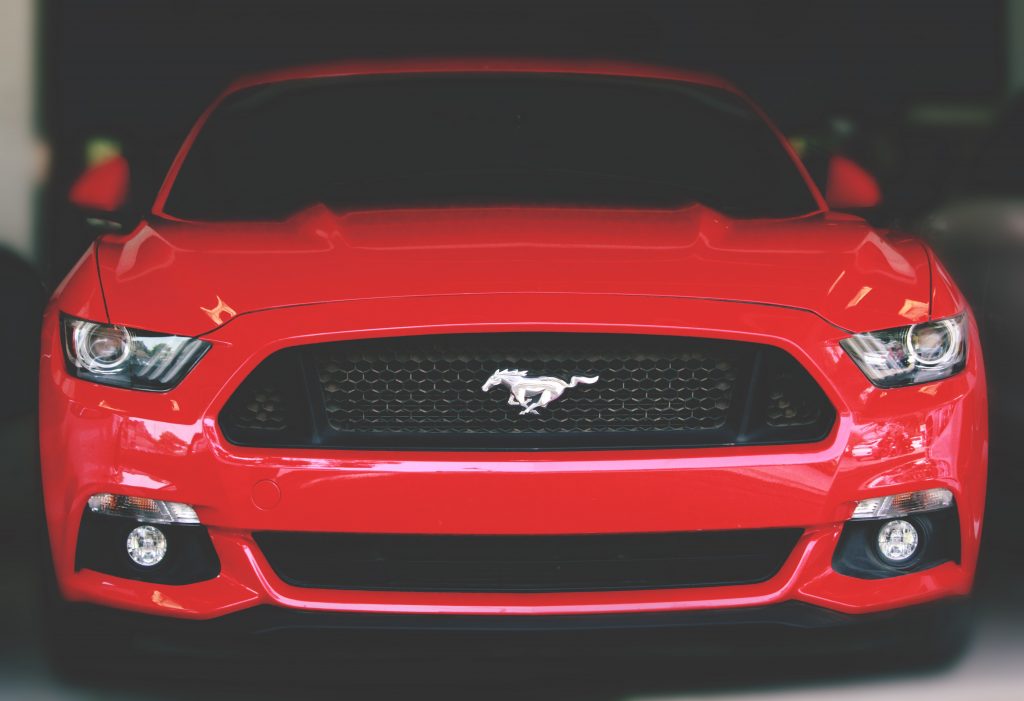Automobiles have seamlessly woven into the fabric of our lives. Yet, the decision of whether to buy or lease a car remains a point of deliberation. Financial experts often argue that cars can be assets, but in reality, they tend to be significant expenses. Cars depreciate rapidly, losing value as soon as they leave the dealer’s lot and continue to do so with every mile traveled. In response to this, car leasing emerged as an attractive alternative to car buying. This article aims to delve into the debate of car buying vs. leasing and help you make an informed decision.
HANDPICKED RELATED CONTENT:
Car Leasing Formula and Calculator
How to Save Money on Car Insurance
Do I Need a Car?
The initial question to ponder when considering a car purchase is, “Do I truly need a car?” In bustling urban centers, public transportation often presents an efficient alternative to personal vehicles. It offers cost-effective, low-maintenance travel. In contrast, for those residing in less densely populated regions, owning a car becomes almost a necessity due to limited public transport options.
HANDPICKED RELATED CONTENT:
Car Leasing Formula and Calculator
How to Save Money on Car Insurance
What Car Do I Need?
Choosing the right car entails a logical assessment of your needs. Cars are diverse, catering to various purposes, such as family, luxury, sports, business, or heavy-duty use. Emotional attachment to aesthetics can cloud judgment. Remember, once you commit to a contract, you’re bound, so read the fine print and make decisions based on logic.

Emotions often play a significant role in purchasing decisions, particularly when it involves substantial investments like homes and cars. It’s crucial to remember that once a deal is finalized, backing out can lead to significant financial repercussions. Therefore, it’s essential to exercise caution and maintain a rational approach. Always read the contract thoroughly, paying close attention to the fine print, and try to set emotions aside.
Car Leasing vs Car Buying @PennySavedIsPennyGained.com #CarLeasingvsBuying Click To TweetAm I Willing to Finance Car Repairs?
Vehicle longevity is a pivotal factor. A typical six-cylinder car can last around 100,000 miles per cylinder. Some models exceed this estimate, while others fall short. Maintenance habits, make, and environmental conditions also impact a car’s lifespan. If you’re spending over 10 percent of the car’s value on repairs frequently, it might be time to consider a new vehicle, whether through leasing or buying.
HANDPICKED RELATED CONTENT:
Car Leasing Formula and Calculator
How to Save Money on Car Insurance
If we anticipate an average lifespan of 100,000 miles per cylinder, then a six-cylinder vehicle with 300,000 miles on its odometer would typically have approximately 50 percent of its total life remaining. Factoring in a 10 percent deduction for potential deviations, this equates to roughly 40 percent of the car’s overall remaining lifespan, suggesting it could potentially last for another 200,000 miles.
Given this perspective, it becomes evident that when financial resources are limited, focusing on a car’s color or design may not be the wisest choice. Instead, prioritizing cars from manufacturers renowned for their dependable mechanics is advisable.
Now, considering a six-cylinder car with 300,000 miles and a $3,000 price tag, how much in potential repair costs would render the vehicle virtually worthless? Is it 10 percent, 15 percent, or some other threshold? If you find yourself consistently spending more than 10 percent of the car’s value on repairs week after week, it might be a sign that it’s time to consider parting ways with the vehicle. This decision could involve exploring options such as leasing or purchasing a new car.
Car Leasing Calculator @PennySavedIsPennyGained.com #CarLeasingvsBuying Click To TweetCar Leasing: The Upsides
Leasing eliminates concerns about powertrain repairs since the manufacturer’s warranty covers these, including any recalls during the lease. Notably, if the car is involved in an accident, repairs become your responsibility.
HANDPICKED RELATED CONTENT:
Car Leasing Formula and Calculator
How to Save Money on Car Insurance
When Does Leasing a Car Makes Sense?
Leasing is a practical choice when:
- You require a specific car beyond your budget for professional appearances.
- Lower monthly payments are preferred over purchasing.
- You want to avoid unexpected powertrain repairs and dealer takes care of any issues.
- You desire a new car every few years, typically not more than three.
When Does Leasing a Car Not Make Sense?
Leasing is less suitable when:
- Exceeding the agreed-upon mileage in your lease (usually 12,000 miles annually), incurring extra costs.
- Anticipating excessive wear and tear that could result in added charges.
- Being uncertain about completing the lease duration, as early termination often leads to substantial fees.
Car Leasing: The Downsides
For many, leasing is a satisfying choice except for the anxiety of exceeding mileage limits.
Summary:
If your family requires multiple cars, leasing one can be a sensible decision. Retain one vehicle for unlimited mileage use and lease another tailored to specific needs. Ultimately, the choice between car buying vs. leasing hinges on your lifestyle, preferences, and financial outlook.
THIS POST MAY CONTAIN AFFILIATE LINKS, MEANING I RECEIVE A COMMISSION FOR PURCHASES MADE THROUGH THESE LINKS, AT NO COST TO YOU. PLEASE READ MY DISCLOSURE FOR MORE INFO.





